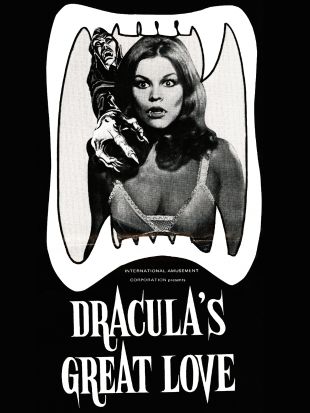Spanish filmmaker Javier Aguirre's passion for cinema began in childhood when he would frequently skip school to sneak into the movies. Aguirre was 11 when he wrote his first screenplay, 13 when he began writing film reviews, and 15 when those reviews were first published. By age 16, Aguirre had dropped out of school to devote his time to making short films. In 1956, the still-young director enrolled at the Instituto de Investigaciones y Experiencias Cinematográficas in Madrid. Though he was studying a subject he loved, Aguirre and school never seemed to mix and he dropped out after he failed his second course. In 1964, after much time spent as an assistant director on features and a director of his own short films, Aguirre made his feature-length debut with the "mondo" documentary España Insólita/Unusual Spain. Since then, Aguirre has gained a reputation for his horror and experimental films. Between 1967 and 1971, he produced a series of avant-garde shorts that were later titled Anticine. So anxious was Aguirre to establish himself as a director that he initially churned out a large quantity of rather generic popular films, most notably horror films. The most famous of them, El Jorobado de la Morgue/ The Hunchback of the Morgue and El Grand Amor del Conde Dracula/Dracula's Virgin Lovers (both 1972), starred horror actor Paul Naschy. In 1966, Aguirre directed the Spanish television series Deporte, Nuevo Humanismo/Sport, a New Humanism. By the mid-'70s, Aguirre had embraced the newly popular sexploitation films. His film Carne Apaleada/Beaten Flesh was the first to earn post-Franco Spain's new "S" (for sexual content) certification. In 1972, Aguirre published a book summarizing his views on filmmaking, El Anti-Cine: Apuntes para una Teoría/The Anti-Cinema: Notes for a Theory.
Javier Aguirre
Share on

